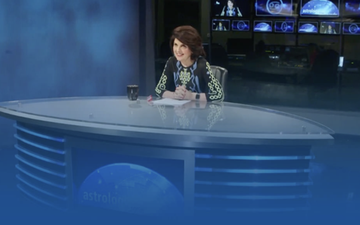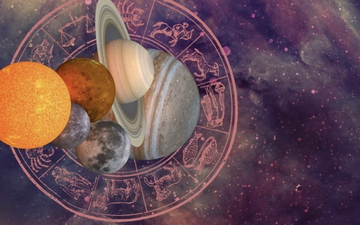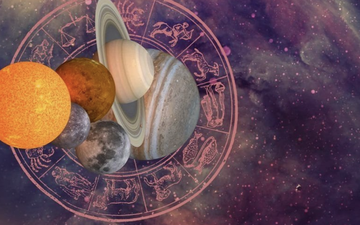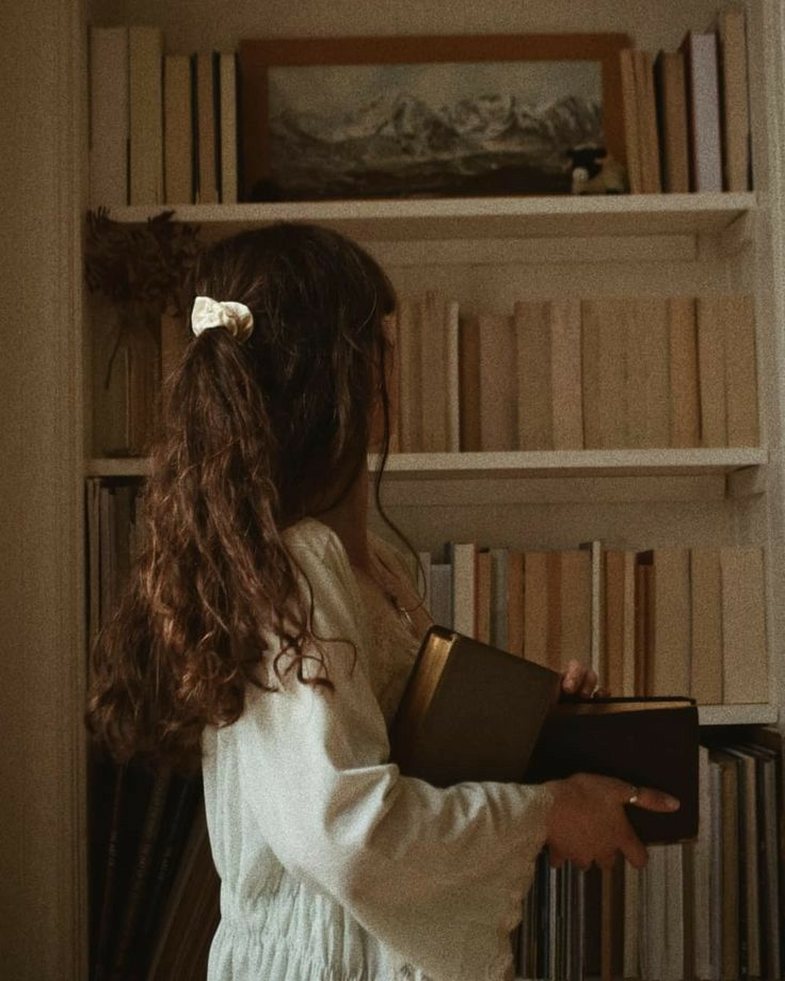
Literature has the power to transport us to distant eras, to make us feel the pain and joy of characters, to give us a new perspective on life. This is exactly what Kristin Hannah manages to do with her novel “The Winter Garden,” a story that transcends time and borders, building a profound narrative about war, love, and family relationships.
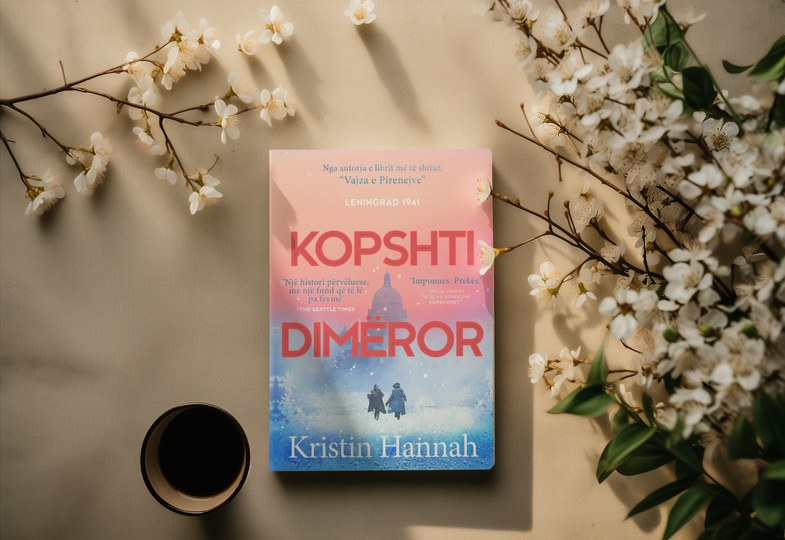
The event takes place in two times.
1941. Leningrad, once magical, is at war, cut off from the rest of the world and buried under snow. A city filled with women desperate to save themselves and their children. The story of a girl, part of a community that suffered greatly due to the atrocities of war, unfolds, told through the lines of a Russian fairy tale.
2000. Great losses and age have left deep traces in the life of Ania Whitson, who in a light, uncertain voice begins to tell her daughters about a beautiful Russian girl who once lived in Leningrad.
The relationship between mother and daughter is another aspect of the novel, which is filled with tension, emotions and flows on almost every page of the book. Meredith and Nina try to understand and forgive their mother, who has remained cold and distant from them almost all their lives. Through this relationship, Kristin Hannah sheds light on complex relationships, the need for a healthy relationship between parents and children, but also the desire to understand who we really are.

Kristin Hannah is an American author, a master at telling powerful stories that focus on the extraordinary strength of women. Through complex characters and challenging events, she reminds us that love and sacrifice are a woman's most powerful weapons. From the struggle for survival in difficult times to the emotional battles for family and loved ones, her books are a tribute to women who never give up.
Some of her best-known books are: “The Girl of the Pyrenees”, a moving story of two French sisters during World War II and their struggle for survival; “White Paradise”, a novel that deals with the story of a family that faces the violence and hardships of living in the wilds of Alaska; “The Four Winds”, which sheds light on the challenges of a woman during the Great Depression and migration in search of a better life; “The Other Sister”, a novel that deals with complex family relationships and human identity.
Excerpts from the book
1) Until a month ago, Meredith would have made Nina's name, would have told her that love is the only thing that matters in life, that the time had come for her to get married and start a family, but during the months after her father's death, she had learned a few more things about life. Every choice changed the course of life and it didn't take much to end up on the wrong path. Sometimes, putting down roots somewhere meant nothing more than that.
2) And who better than her mother to build something so out of place? A Russian dacha or summer house in Western Washington. Even the name of the orchard was absurd: Bjelleje Noçi. White nights, oh my! The nights there were as dark as freshly laid asphalt.
3) - Your father thinks I can't handle his death.
- Really, can you? - Nina asked calmly.
- You have no idea how much the human heart can endure.
4) Nina didn't take her eyes off the woman who raised her hand, and finally faced the truth. Her mother was a lioness. A fighter. A woman who had chosen a life of hell for herself, because she had wanted to give up, but hadn't known how.



